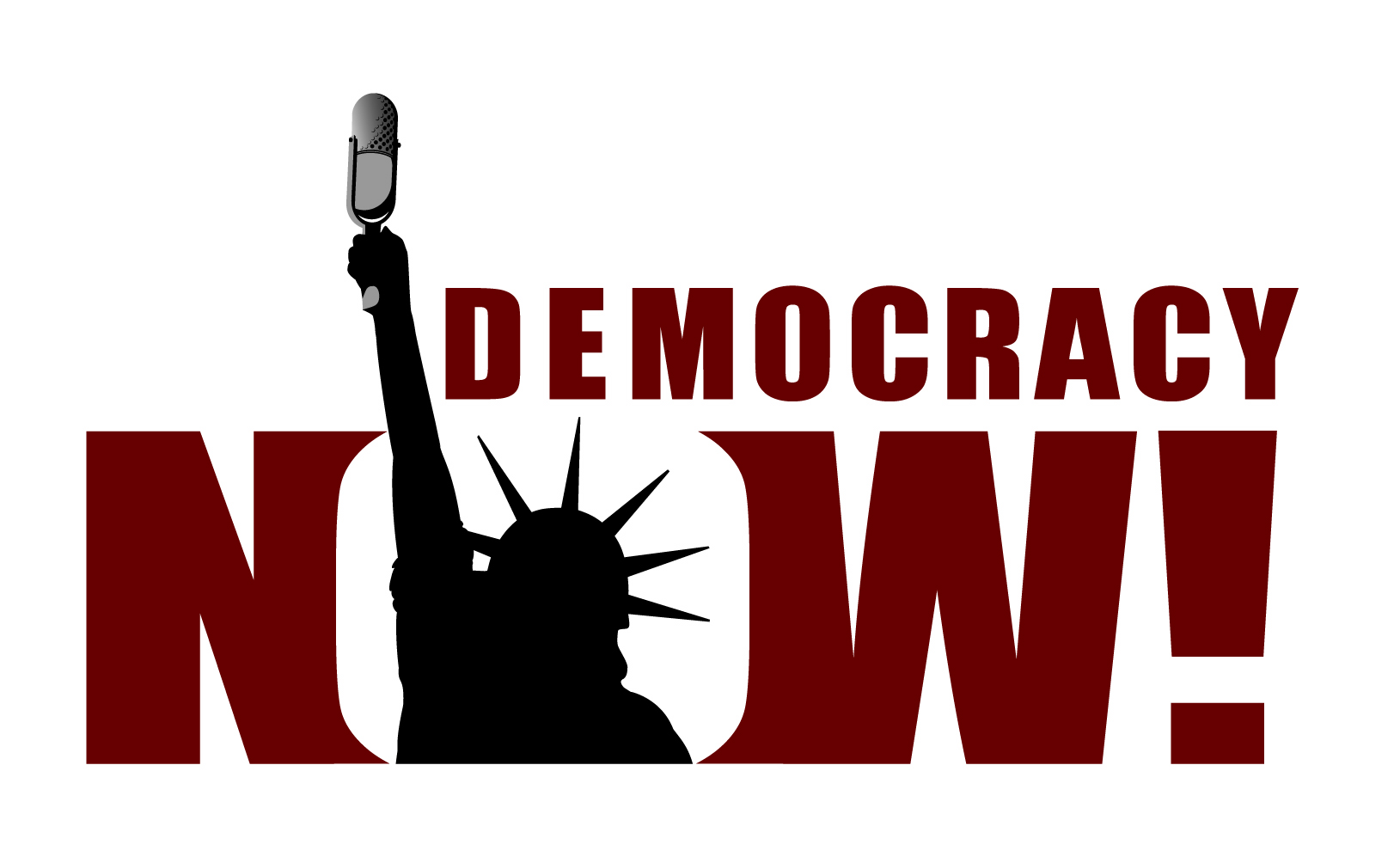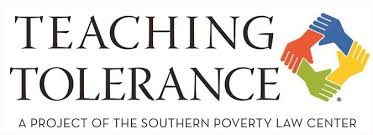Published on October 7, 2020 in
Are you a parent, grandparent, or other caregiver wondering what to do for Indigenous Peoples’ Day this year while you and your family are home? Perhaps you’re a college student, discussing social justice and hoping to do something meaningful that also respects public health guidance on in-person gatherings?
Continue reading
Published on October 2, 2020 in
President Trump’s recent call for “patriotic education” in American schools sparked sharp criticism from educators, historians and others who saw it as the latest assault by conservatives who believe that far-left history teachers are indoctrinating students into hating their country... Part of teaching history honestly is exposing students to a multitude of perspectives. As the
Zinn Education Project wrote in response to Trump’s attacks last week, “Teaching people’s history is about empowering and invigorating students to better understand the perspectives of workers, women, Black, Indigenous, and people of color, whose voices are too often erased in the corporate-produced textbooks.”
Published on September 22, 2020 in
It’s often unsettling to confront new knowledge and see our world in new ways. When our ordered paradigms are found to be less true than we thought, we are cast adrift in a chaotic reality. Consider Galileo and others like him when they found the earth was not at the center of the universe but just one of many bodies orbiting around one of many stars. Or, reflect on the United States when the theory of natural selection in evolution reached our shores...
Continue reading
Published on September 18, 2020 in
For centuries, dead white men have dominated high school English classes. Syllabuses and summer readings lists are chock-full of Shakespeares, Hemingways, Faulkners, and Fitzgeralds.
But this year, Joana Chacon, an English teacher at Newton South High School, is trying something new: Like many in her department, Chacon is teaching texts only by authors of color. Freshmen will read “The House on Mango Street” by Sandra Cisneros and civil rights poetry by Langston Hughes, Gwendolyn Brooks, and Maya Angelou. Juniors will dive into Sherman Alexie’s bildungsroman, “The Absolutely True Diary of a Part-time Indian,” Gene Luen Yang’s graphic novel “American Born Chinese," and one of Toni Morrison’s searing early works, “The Bluest Eye” or “Song of Solomon.”
Continue reading
Published on September 18, 2020 in
Social studies and history education organizations, and many teachers, criticized the president's statements yesterday after he condemned history classes that include lessons on systemic racism for teaching what he called "lies" and "left-wing indoctrination."... The Zinn Education Project, which offers lessons and professional development based on Zinn's approach to history, also
issued a statement saying that the Trump administration "seek[s] to squash ... the power of a growing number of teachers who teach outside the textbook."
Published on September 18, 2020 in
This week President Trump described the work of the legendary historian Howard Zinn, who died in 2010, as “propaganda” meant to “make students ashamed of their own history.” But Zinn believed the opposite, that teaching the unvarnished truth about history was the best way to combat propaganda and unexamined received wisdom. We air excerpts from a 2009 interview with Zinn in which he explained his approach to education. “We should be honest with young people; we should not deceive them. We should be honest about the history of our country,” Zinn said.
Continue reading
Published on September 18, 2020 in
Progressive educators and historians fired back on Friday a day after President Donald Trump took aim at the late historian Howard Zinn and the 1619 Project, and vowed to "restore patriotic education" in American schools he accused of teaching "hateful lies about this country."
Continue reading
Published on August 17, 2020 in
Historian Nishani Frazier and social studies teacher Adam Sanchez talk about how to separate fact from fiction in civil rights teaching.
Continue reading








